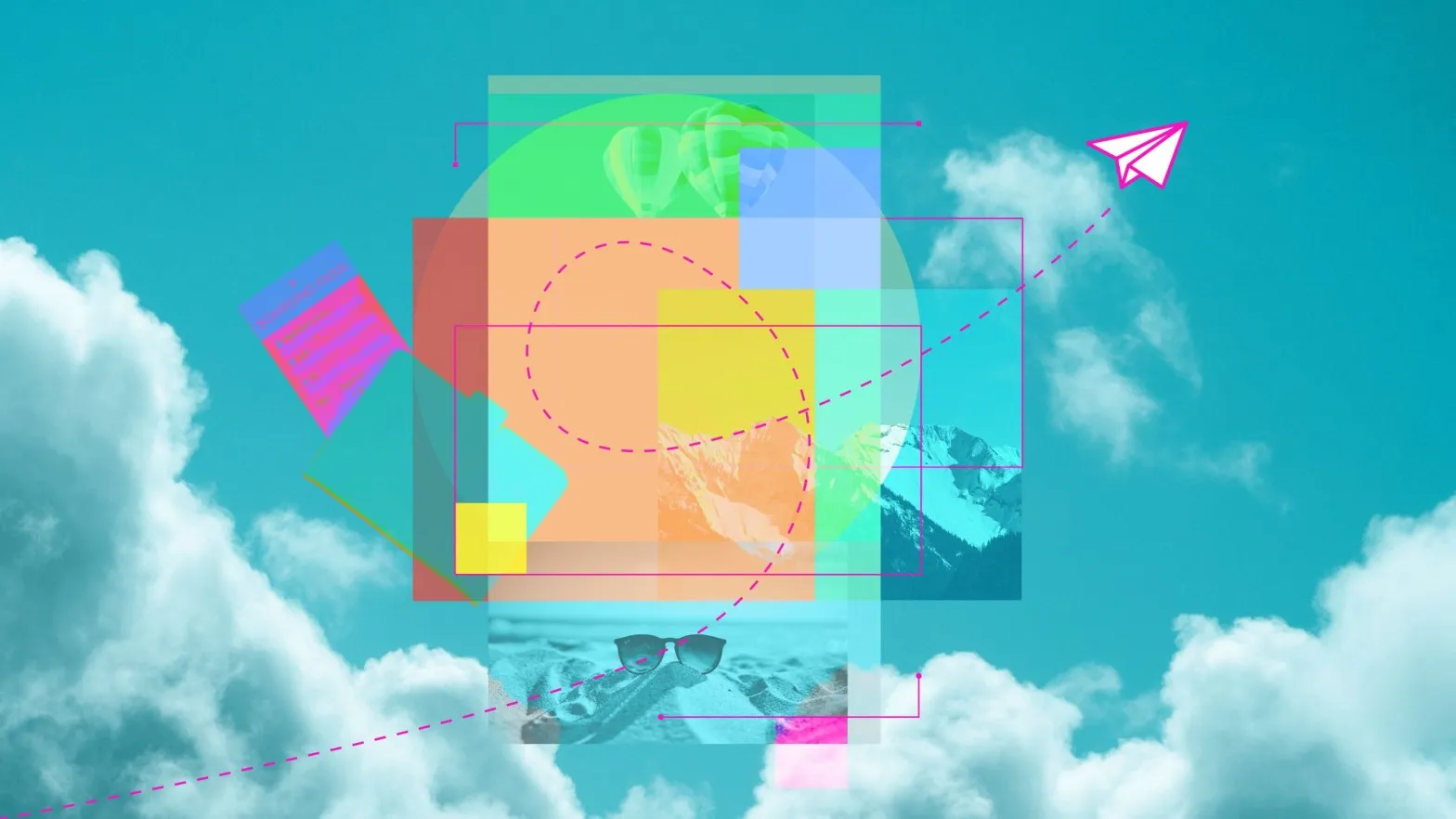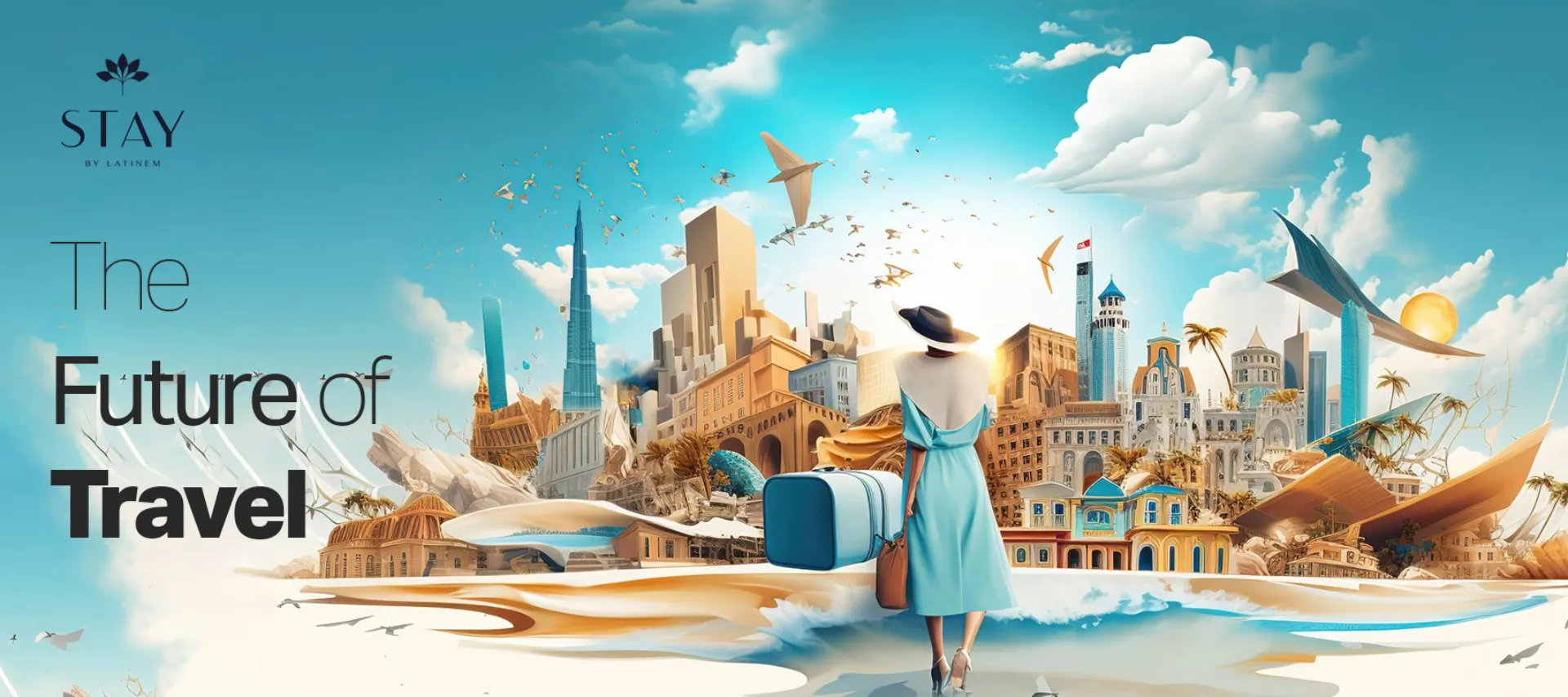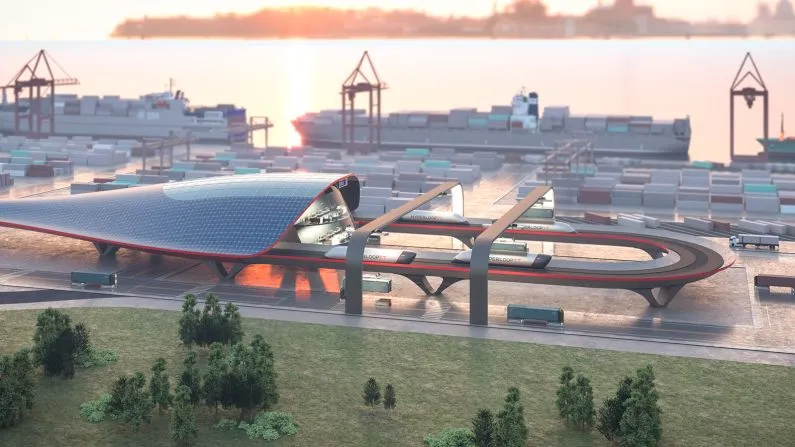Future of Travel – As the days lengthen and temperatures rise, our minds naturally focus on our summer adventures. The prospect of an open summer is tantalizing but requires more consideration than ever. Travel has changed, from the challenges and restrictions of the pandemic to our changing mindset towards more sustainable ways to escape.
In the evolving travel market, brand equity (the value of a brand in the eyes of consumers) and design have a significant influence. Factors such as reputation, reliability, and quality of experience/customer centricity have become even more critical when selecting a travel partner.
An emerging narrative in the travel industry seeks to respond to aircraft issues and consumer concerns in these strange and uncertain times. Companies like Airbnb are transcending boundaries and blurring the line between fantasy and reality. Airbnb “icons,” recently highlighted by Charlotte Beach, exemplify this shift toward highly curated, immersive, and unforgettable experiences.
Expedia is investing heavily, unsurprisingly, in AI as an engine for creating travel experiences, for first imagining a travel experience and then booking it. For example, they are demonstrating this flow that begins with “I don’t know where I want to go; “I just want to go to the beach.” And that is the entrance. Expedia responds, okay, here you have flight options, here you have rental car options, here you have hotel options, and here you have the beach you’re going to.

With all the recent turbulence in the travel sector, I was excited to chat with Doug Powell, former Vice President of Design Practice Management at Expedia. Powell is an executive design leader, consultant, speaker, and global thought leader on design issues. We talk about the future of travel and how design and design thinking are helping to shape it.
Here’s the creepy thing: They’re scraping your Instagram feed, your likes and favorites, and your photo library in the background. So, when you say you want to go to a beach, they don’t even have to ask you what kind of beach. They already know this because you liked your friend’s photos on Instagram, your friend on the beach. They know exactly where Amelia wants to go.
According to you, some people are hesitant to fly, others are interested in more accessible travel, and many are aware of the environmental impact of travel. An increasing number of people are becoming more aware of their travel habits and choices and their impact on the planet. Working from home is another aspect. That’s a lasting trend emerging from the pandemic.
People take longer trips, settle in one place for several weeks or a couple of months, and work from there. Vrbo and Airbnb are now promoting the opportunity in the user interface to select an extended stay.Future of Travel
When you give access to your brand to people who are not formally connected to it, such as social media influencers, it is not possible to control it.Future of Travel
And then, what do you do as a brand? A generation ago, the answer would have been that we couldn’t allow people in the world to be agents of our brand. That would be a shit show! But now we are in a different time.Future of Travel

It requires investment from the company, and the company must make design a priority to solve these early stages of an idea’s strategy. Because design and designers are connected to the client like no one else in the business is.Future of Travel
Collaborations and user-generated brand expressions are already here, and many of them are brilliant. People take a brand, make it their own, and give it back to the world: they make their posters, ink decorations, t-shirts.Future of Travel
